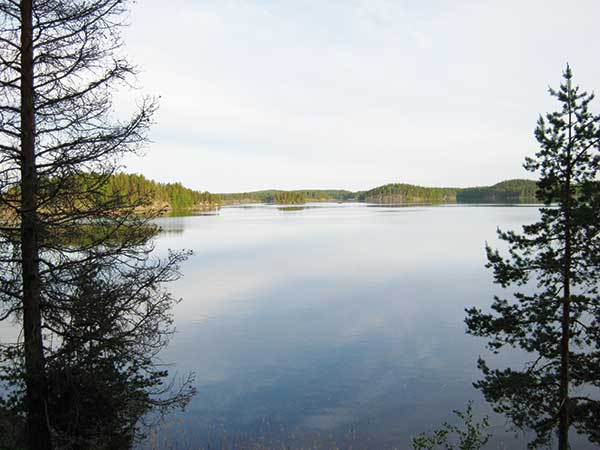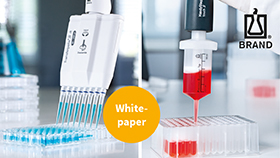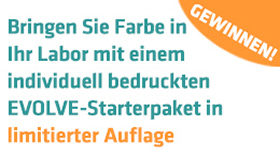From Finland to the Czech Republic
Career strategies for young European scientists
Interview: Kathleen Gransalke, Labtimes 02/2015
Page 1 | Page 2 | Page 3
Thinking about doing research abroad for a while but you have no idea what is waiting for you? Two postdocs from Finland courageously set forth to a foreign country, the Czech Republic, and let us in on the struggles and joys of international work experience.
Lab Times: First of all, why did you want to go abroad?
Johanna Rajasärkkä: Before this postdoc project, I hadn’t spent time working abroad. Both me and my CV felt like something was missing. The project just seemed like an opportunity too good to skip. And when everyone in the family was positive too, why not!
Grit Kabiersch: Originally, I am from Germany but I did my PhD studies in Helsinki. After seven years in Finland I thought it was time for another adventure in another country. I wanted to see another lab and learn new methods. And to be honest, research stays abroad always look good in the CV.
LT: How did you come up with the Czech Republic? Was it your first choice?
Johanna: The South Moravian Programme for Distinguished Researchers (SoMoPro) happened to have a grant call just after my dissertation. My Czech opponent gave me a tip and together we prepared a successful application. Since other applications to Finnish foundations and Academy calls that year were unsuccessful, my choice was easy.
Grit: Yes, the research group in the Czech Republic was my first choice. The group’s research focus is on the degradation of environmentally harmful compounds and chemical analysis of the contaminants and degradation products. I am especially interested in the chemical analysis part.
LT: For how long will you stay?
Johanna: My project will go on until the end of 2016 – so roughly two years.
Grit: For six months.
LT: How did you pick your group? Did you know the group/group leader before?
Johanna: My PhD opponent, Ludek Blaha, is the head of the Ecotox division at the Research Centre for Toxic Compounds in the Environment (RECETOX), and that’s naturally the place where I went to work. I had met him on a summer school already, a few years before the dissertation, and he also knew my thesis supervisor, Marko Virta, from their previous cooperation.
Grit: The group has published some very important and high quality articles in my field of research. I met the group leader and head of the Institute of Microbiology at the Academy of Sciences of the Czech Republic, Tomáš Cajthaml, for the first time during a conference when I was at the very beginning of my PhD studies and then later on during other conferences. He was also the opponent of my PhD thesis.
LT: What are you currently working on? What did you work on in Finland?
Johanna: I study the organic chemicals in plastic and epoxy-coated drinking water pipes, and measure these chemicals in water samples. My samples will be tap water from houses in both Finland and the Czech Republic. Study methods include mainly analytical chemistry but I will also use cell-based bioreporters, with which I worked in my previous project in Finland.
Grit: My project is about the degradation of organotin compounds in environmental samples. Tributyltin has been widely used as a biocide in antifouling paint on ship hulls and is found in the sediment. Dibutyltin is used as a stabilizer for PVC plastics and can be found in the sludge of wastewater treatment plants. In Finland, I screened fungi that are able to tolerate the contaminant and grow into the contaminated sediment. My goal in the Czech Republic is to develop an analytical method to detect organotin compounds and metabolites as well as to perform some biodegradation experiments.
Page 1 | Page 2 | Page 3
Last Changed: 25.03.2015







